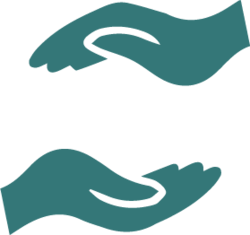This follows the Mauritius government recently giving its approval to allow the expansion of one non-human primate farm with up to 1,000 macaques to be captured from the wild to be used for breeding. The MEPs include Ms. Manuela Ripa, Mr. Guenther Sidl, Ms. Marie Toussaint, Ms. Anja Hazekamp, Mr. Francisco Guerreriro. Mr. Martin Buschmann, Ms. Eleonora Evi and Mr. Raphaël Glucksmann.
The questions asked of the European Commission by the MEPs include: Considering that the EU has set the date for ending the use of wild-caught primates and first-generation offspring in research, is it not incongruous that at the same time the EU is importing primates from a country that not only condones a wild-caught trade but is also allowing it to expand? How will the EU ensure that primates imported from Mauritius are genuinely captive bred or not sourced from farms that are involved in the export or trapping of long-tailed macaques for breeding purposes?
A coalition of animal groups in Europe and Mauritius (Action for Primates, One Voice, Animal Rights and Progress Science Mauritius), that led an international campaign to oppose the expansion and capture of wild monkeys, is grateful to the MEPs for responding to its concerns and has welcomed the submission of questions to the European Commission.
Mauritius is the main supplier of monkeys to Europe for research, exporting many thousands each year. In 2020, long-tailed macaques were exported to the following EU countries: Spain (2,126), France (1,027), Netherlands (290) and Germany (29).
In acknowledging that animal welfare, animal health and ethical problems arise from the capture of non-human primates in the wild, the EU decided to end its involvement in the capture of monkeys from the wild for scientific and breeding purposes. From 2022, the EU will only allow non-human primates to be used in research if they are the offspring of animals who have been bred in captivity (F2/F2+ generation), sourced from self-sustaining colonies. Recent developments in Mauritius, however, point to the resumption of a wild-caught trade for breeding and export, when in April, the Mauritius government approved the expansion of one non-human primate farm, Biosphere Trading Ltd, allowing up to 1,000 macaques to be captured from the wild to be used for breeding.
The animal groups are dismayed that the trapping of long-tailed macaques is taking place and calls this a major step backwards in terms of animal welfare, especially at a time when there is widespread global concern over the capture of wild non-human primates, because of the cruelty and suffering caused by the removal of such animals from their natural habitat, social and family groups.
NOTES
2010/63/EU The European Parliament and of the Council of 22 September 2010 on the protection of animals used for scientific purposes (Article 10) Directive. https://eur-lex.europa.eu/eli/dir/2010/63/oj















Comments 13
claudette | Thursday 24 June 2021
Mme Loup | Thursday 24 June 2021
MARC | Thursday 24 June 2021
MARC | Thursday 24 June 2021